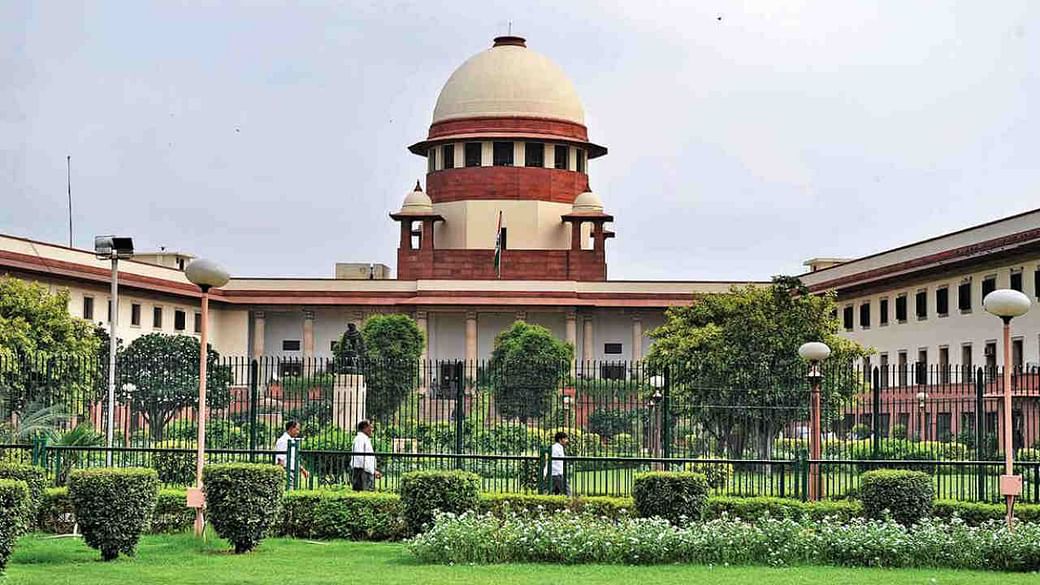
Why Congress thinks SC has not upheld the 2016 demonetisation move

The Congress on Monday (January 2) said it would be misleading and wrong to say that the Supreme Court has upheld the 2016 demonetisation, pointing out that the majority verdict deals with the limited issue of the decision-making process and not its outcome.
All India Congress Committee (AICC) general secretary Jairam Ramesh said that the 4-1 verdict by a Constitution Bench has nothing to say on whether the stated objectives of demonetisation were met.
Also read: Supreme Court verdict on demonetisation today
“The majority Supreme Court verdict deals with the limited issue of the process of decision making not with its outcomes. To say that demonetisation has been upheld by the Honourable Supreme Court is totally misleading and wrong,” said Ramesh.
“None of these goals -reducing currency in circulation, moving to cashless economy, curbing counterfeit currency, ending terrorism and unearthing black money –was achieved in significant measure,” PTI quoted him as saying.
Ramesh’s colleague and former Finance Minister P Chidambaram said that the dissenting verdict was a “slap on the wrist” of the government as it pointed out the “illegality and irregularities” in the decision.
While the majority verdict led by Justice BR Gavai upheld the move to demonetise Rs 1,000 and Rs 500 currency notes, saying the process was not flawed, Justice B V Nagarathna dissented and said the scrapping of the notes should have happened through a legislation and not through a notification.
Also read: Demonetisation verdict explained | What dissenting SC judge, 4 other judges said
“It may be only a slap on the wrist of the government, but a welcome slap on the wrist,” Chidambaram said in a string of tweets quoted by PTI.
“The majority has not upheld the wisdom of the decision; nor has the majority concluded that the stated objectives were achieved. In fact, the majority has steered clear of the question of whether the objectives were achieved at all,” he said.
The dissenting judgement will rank among the famous dissents recorded in the history of the Supreme Court, Chidambaram said.
Ramesh said in a statement that the Supreme Court had only pronounced whether Section 26(2) of the Reserve Bank of India Act, 1934, was correctly applied or not before demonetisation was suddenly announced on the night of November 8 2016.
“Nothing more, nothing less. One judge in her dissenting opinion has said that Parliament should not have been bypassed,” he added.
Also read: SC to pronounce verdict on pleas against demonetisation on Jan 2
Ramesh went on to mention, “It has said nothing on the impact of demonetisation which was a singularly disastrous decision. It damaged the growth momentum, crippled MSMEs, finished off the informal sector and destroyed lakhs and lakhs of livelihoods.”
The Supreme Court did observe that there has to be great restraint in matters of economic policy and the court cannot supplant the wisdom of the executive by a judicial review of its decision.
The bench also has comprised Justices SA Nazer, AS Bopanna and V Ramasubramanian. The majority ruled that the decision-making process could not have been flawed as there was consultation between the RBI and the Central government.
(With inputs form agencies)

